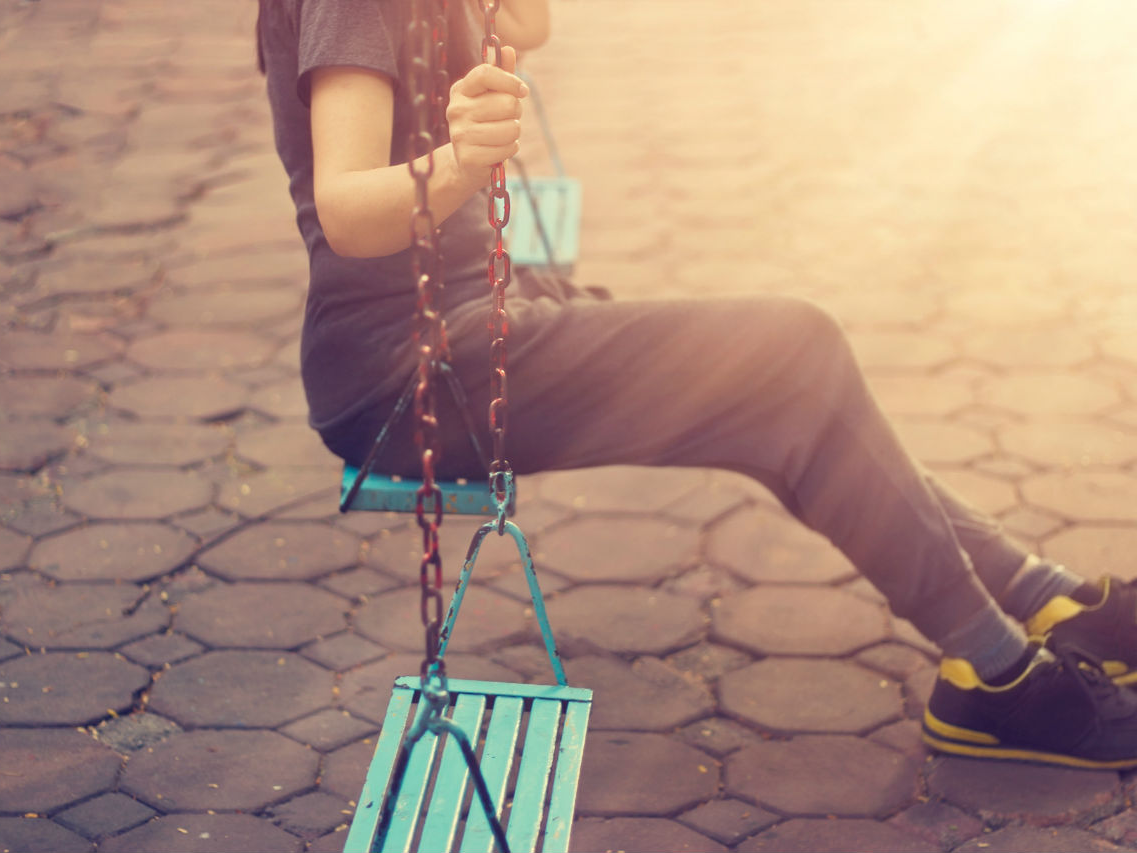- A new study has shown how millennials have a higher risk of mental health problems if they are lonely.
- Young adults and teenagers are at the highest risk of loneliness, according to some research.
- Some people blame the rise of social media use, but the reasons are likely to be more nuanced than that.
You might not know why you’re lonely. After all, being alone doesn’t mean you have to be lonely, and being lonely doesn’t necessarily mean you’re on your own.
But if you’re feeling isolated from other people, it can be completely debilitating to your life. It’s bad for stress, can make women feel hungrier, and even increases the risk of early death by 26%.
According to a new study published in the journal Psychological Medicine, lonely millennials have twice the rick of developing mental health problems like depression and anxiety, compared to those who are connected to others.
In the study, researchers from King’s College London analysed 2,066 millennial twins in England and Wales. They were asked about their experiences at different stages of life, their relationships, how lonely they were, and how their mental and physical health was.
The most recent data was taken while the twins were 18. Results showed that 7% of participants said they often felt lonely, while 23-31% said they felt left out or lacked companionship.
Overall, being lonely was associated with double the chance of a mental health problem, and a 38% increased risk of being unemployed. Also, lonely individuals were more likely to engage in risky behaviours like smoking and not exercising.
"If somebody discloses to their friends or family, or a GP, that they feel lonely a lot of the time, that could be a warning sign that they are struggling in other areas of life," Timothy Matthews, co-author of the study from King's College London, told the Guardian.
Younger people are the loneliest
Last year, a study found that, contrary to popular belief, older people aren't necessarily at the highest risk of being lonely. In fact, loneliness is greatest among teenagers and young adults.
Some link the loneliness of the millennial generation back to social media. However, while some research does show that using sites like Facebook and Instagram can be isolating, they probably aren't as bad as we think.
It ultimately comes down to how you use them. For example, many people use social media platforms as a way to make friends, especially those who struggle in real-life social situations.
If you're using them to keep in contact, it's less likely to be a problem. But if you spend most of your time scrolling aimlessly and feeling jealous about what everyone else is doing, you're more likely to get FOMO and feel lonely.
In an article for Forbes, Caroline Beaton discussed another possible reason that millennials are so lonely, in addition to spending more time on the internet.
Loneliness, she said, can be contagious. A study from 2009 showed how people are 52% more likely to be lonely if they are connected to someone who is lonely. Also, people who aren't lonely tend to become lonelier around someone who is.
"Lonely people are less able to pick up on positive social stimuli, like others' attention and commitment signals, so they withdraw prematurely - in many cases before they're actually socially isolated," she wrote. "Their inexplicable withdrawal may, in turn, make their close connections feel lonely too."
The lonely can also act a little hostile, possibly as a defence mechanism. This further severs their social ties and perpetuates their loneliness.
The researchers said this new study's findings could help "underscore the importance of early intervention to prevent lonely young adults from being trapped in loneliness as they age."
The participants were only 18, and it's very possible their loneliness levels will change when they grow up. But for those who struggle until later on in life, further research could help them figure out why it is.
"Feeling lonely isn't in itself a mental health problem, but the two are strongly connected," Stephen Buckley from the mental health charity Mind told The Guardian.
"Being sociable and connecting with other people is rewarding in its own right and can help significantly improve your mental well-being, especially if you're not feeling so good."

